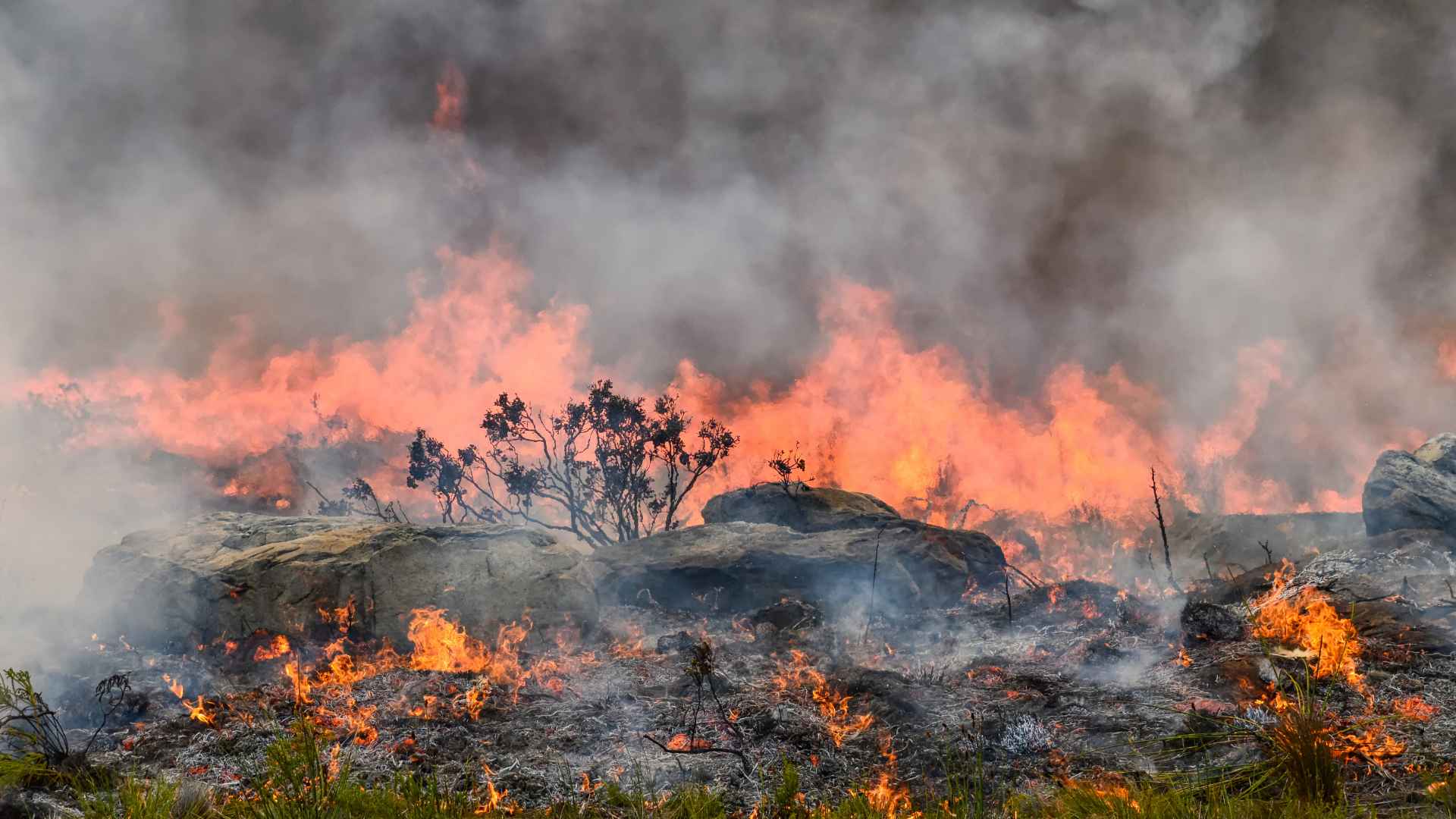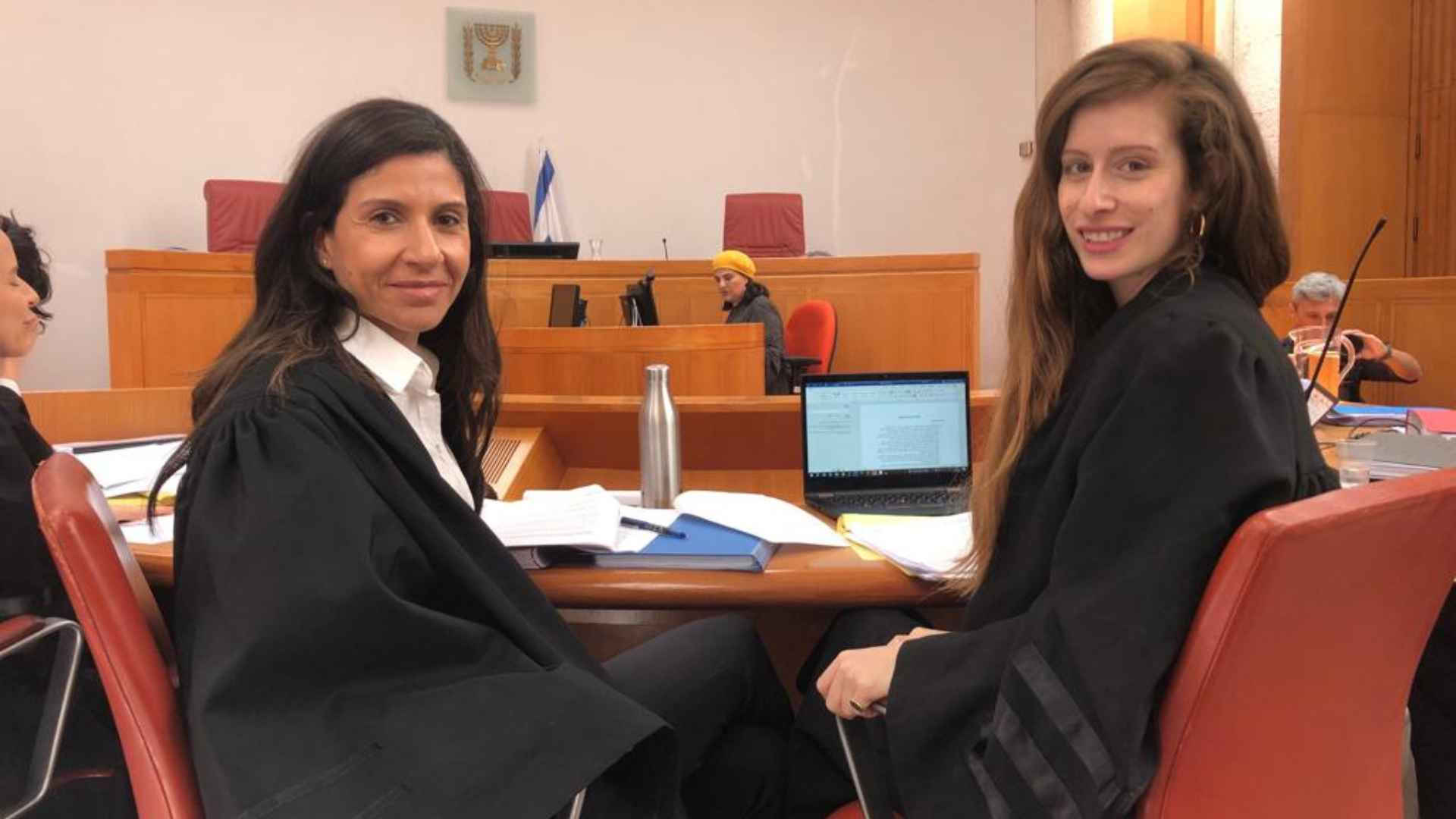Earlier this month, Adam Teva V’Din’s head of regulatory department, attorney Meirav Abady, called on the Knesset’s Foreign Affairs & Defense Committee to heed the findings in the State Comptroller’s ‘fix-it list’ as recently published. In particular, its poor maintenance record when transporting crude oil. She also reminded the Committee that no other government-owned company in Israel enjoys such broad immunity from transparency. This is especially troubling given the serious environmental, health, and economic risks associated with the Europe Asia Pipeline Company (EAPC) operations.
For over five decades, the EAPC has operated under sweeping government-imposed secrecy – an arrangement that no longer serves the public interest and undermines transparency, environmental protection, and public oversight. Originally established in 1968, the confidentiality order covering EAPC’s operations was justified at the time by sensitive diplomatic and economic ties with Iran. But those ties ended long ago. Despite the disappearance of the original justification, the secrecy remains firmly in place, routinely renewed without re-examination – effectively shielding the company from meaningful scrutiny.
The company is responsible for major oil transport operations through the Gulf of Eilat and Ashkelon – operations that have already led to some of Israel’s most severe ecological disasters. Notable incidents include the 2011 pollution of the Zin River, the 2014 spill in the Evrona Nature Reserve, and a 2024 leak near the Ramon Crater.
The secrecy surrounding EAPC directly harms the public’s ability to protect itself
When the Ministry of Environmental Protection approved an increase in oil transport through Ashkelon, environmental groups – including Adam Teva V’Din – were barred from accessing key data due to EAPC’s confidentiality status. “Even experts submitting professional opinions to the court were denied access to essential models and information. In our opinion, this isn’t just bureaucratic opacity; it’s an active barrier to responsible environmental governance.”
Furthermore, the State Comptroller’s January 2025 report highlights significant failures in EAPC’s financial and legal conduct – failures the public cannot evaluate because of the information blackout. Why should details like executive salaries, bonuses, or compliance with government regulations be treated as state secrets? Although a 2024 amendment narrowed the scope of the order slightly, the core problem remains: EAPC still operates under a blanket of secrecy, including over non-security-related economic and environmental matters. Even limited information shared with local authorities is subject to gag rules and cannot be discussed or acted upon.

Meirav Abady asked the Knesset’s Foreign Affairs & Defense Committee to reconsider the updated secrecy order and weigh if the extraordinary confidentiality is truly necessary, asking if Israel’s national security can be protected in ways that do not deny the public its right to know.
“Only by lifting this veil can we ensure proper oversight, prevent future environmental disasters, and uphold the public’s right to accountability.”





